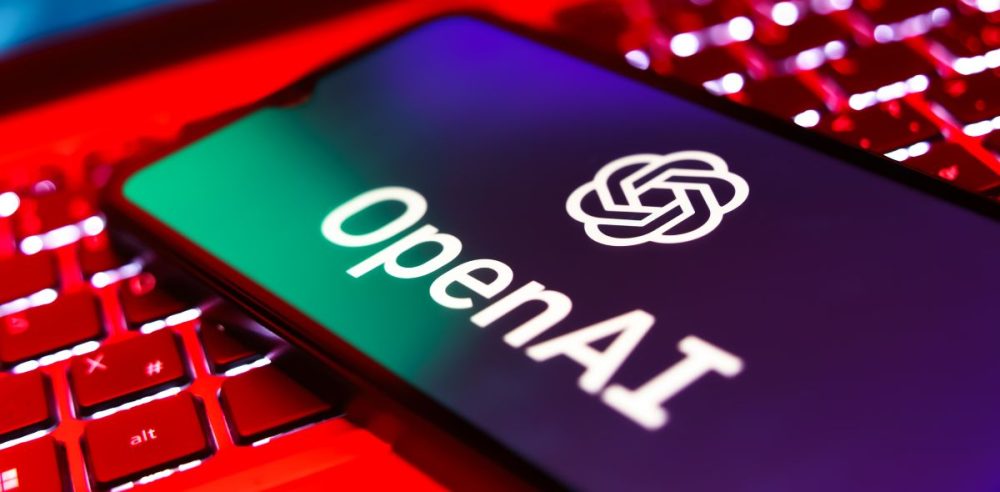In a rare alignment of two tech titans, Meta CEO Mark Zuckerberg and Tesla CEO Elon Musk have found common ground in opposing OpenAI’s controversial move to transition from a nonprofit to a for-profit entity.
Meta’s parent company submitted a letter to California Attorney General Rob Bonta, cautioning against the potential fallout of allowing OpenAI’s restructuring plans to proceed.
The letter, dated December 12, warned of “seismic implications for Silicon Valley” if OpenAI, best known for its ChatGPT technology, shifts to a profit-driven model, reported the New York Post.
Meta argued that OpenAI’s transformation would undermine its original mission as a nonprofit and allow the firm to monetize assets built under charitable protections.
“OpenAI should not be allowed to flout the law by taking and re-appropriating assets it built as a charity and using them for potentially enormous private gains,” Meta stated.
Elon Musk, a co-founder of OpenAI who has since distanced himself from the organization, echoed similar concerns earlier this month.
In a lawsuit filed in federal court in San Francisco, Musk and former OpenAI board member Shivon Zilis sought to block the nonprofit’s transition. Musk’s legal team described OpenAI as a “Frankenstein,” accusing it of prioritizing the financial interests of Microsoft and CEO Sam Altman over its foundational principles.
Meta’s alignment with Musk’s position comes despite years of public and private clashes between Zuckerberg and Musk, including a highly publicized near-showdown in a proposed cage match last year.
In its letter, Meta expressed confidence in Musk and Zilis’ ability to represent the public interest effectively, further highlighting the unusual nature of this alliance.
OpenAI has defended its restructuring plans, proposing to establish a hybrid model in which its nonprofit arm continues to exist but relinquishes control to a for-profit public benefit corporation. The company claims this approach would enable it to attract the investment necessary for advancing artificial intelligence while maintaining its commitment to ethical innovation.
The legal and public relations battle over OpenAI’s future reflects broader concerns about the commercialization of artificial intelligence. Critics argue that shifting to a profit-driven model risks prioritizing shareholder returns over societal benefits.
OpenAI’s nonprofit board has governed the organization since its founding in 2015, but recent tensions, including Musk’s departure following a failed bid to secure majority control, have fueled skepticism.


